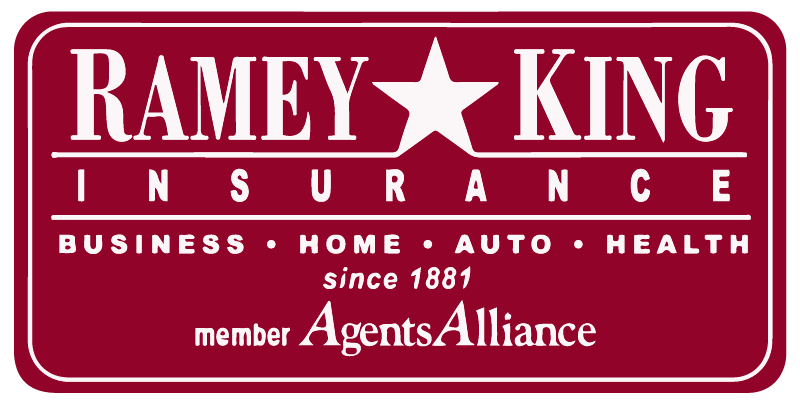Business owners always want to keep their premiums low or at least minimize the cost of their insurance. Insurance premiums are based on statistics as well as subjection issues. Here is a list for consideration.
- Minimize your claims. The best way to do this is to set a high deductible that fits your budget. Don’t turn in small claims. Handle small claims internally. Get credit for the higher deductible. Claims are the main area for addressing premiums.
- Loss control: Keep up with your maintenance of equipment and clean a clean shop or working area. Have a 3rd party review your business for suggestions. Most insurance companies offer loss control services for free. Take advantage of this and work with this loss control representative to learn ideas.
- Employee Education: Have frequent employee meetings to go over safety issues as well as maintenance issues. Have each employee sign off for attending the meetings.
- Vehicles: Inspect your vehicles every time they are used. Does anything need to be repaired or tied down? Use a checklist and have the employee sign off for this. Take tips from the trucking industry. Check your driver’s records.
- Equipment: Do all employees know how to operate all the equipment in the control? Is employee training up to date? Are all safeguards in place? Is the equipment kept in a protected area to avoid theft or locked down in vehicles?
- General Liability: Look at your contracts with customers and vendors. Have you assumed any liability that is not in your control? Are there any liability issues you can pass back to somebody else? Use hold harmless clauses and waiver of subrogation clauses in these contacts.
This is a short list. There are many more ideas that you can obtain from your insurance carrier or other areas on the Internet. More rules followed means better operation results, which should lead to a better premium.



